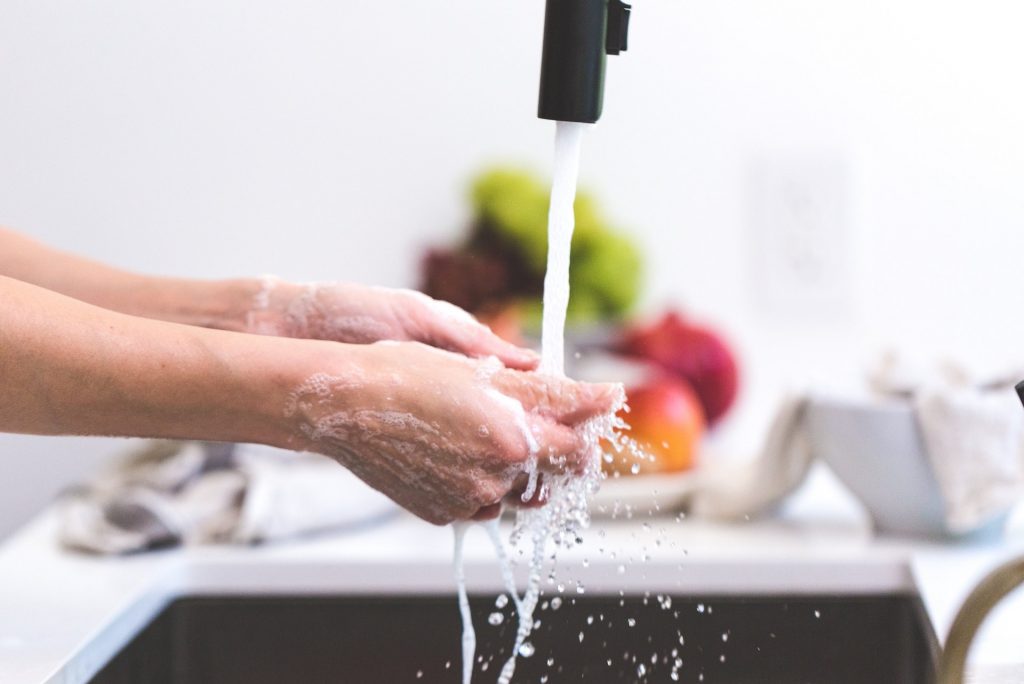
Ok so let’s get real for a moment. How many of you can say that you know what it means to be hydrated? And I mean fully hydrated where you don’t feel thirsty and have plenty of energy. Well a lot of times when I talk to my clients about their fluid intake many forget to mention what they drink, or they say straight up that they know they need to drink more water. But being and staying hydrated means more than drinking water. Whether or not you are hydrated depends on the total amount of fluid you intake from various foods. Many foods especially fruits and vegetables contain fluids and if you consume stews, soups, smoothies, shakes etc. all these foods contribute to your daily fluid intake.
Why I am taking the time to address this? Many people do not see the importance of staying hydrated but it’s actually REALLY important. Fluid has such an important role in our overall health by regulating our temperature, carrying nutrients around our body, detoxifies our body, aids with digestion.
So, do you know how much fluid you need daily in order to prevent dehydration? If you don’t, no worries, I’ll tell you. On the average healthy male 19 years old and older, requires 3 L or 12 cups and the average healthy female 2.2 L or 9 cups daily. This may seem a lot to some but as I said, this is your TOTAL, fluid intake. So, do not run out now and buy a 2 or 3 L water bottle, not only is that not necessary it’s really heavy to carry around. I want you to think about all the foods you eat and consider your morning java, or protein shake and all the foods that contain fluids in your diet. If you’re are still running up short, don’t sweat it! Hehe, I mean it, you can’t afford to (a little dry humour) so I’ll tell you some ways you can quench your thirst:
Water first is the best way to go. Our bodies love H2O. Try to have a glass of water first thing in the morning, at your desk, in your car and wherever you go. Even sneak in a small glass before bed. Also, the new food guide recommends having a glass of water with all meals instead of loading up on high sugar beverages such as pop, fruit drinks and cocktails. If plain tap water is hard for you drink, think about adding natural flavour boosters such as crushed fruit, lemon wedges, ginger, mint leaves, or cucumbers
And remember coffee and tea also contribute to our fluid intake but we want to limit those (3 – 4, 250 mL cups daily) because of the caffeine and possible high sugars. Try an herbal caffeine-free unsweetened tea for a change.
100% fruit juice is tasty and can be nutritious, but we still need to be mindful of the amount because of the sugar and eating your fruit whole is so much more satisfying!
Milk and fortified milk beverages such as rice, soy or almond also count but again in limited amounts (2 cups daily)
So how do you know if you are dehydrated? Some signs and symptoms to look out for are:
Dry lips and mouth
Tiredness
Irritability
Headache
Dark strong-smelling urine (a little TMI)
But given that you now know how to keep hydrated, none of those will ever be an issue…Right? Not Right? It’s ok this is why nutrition pros like me are here. Dietitians can help with all your nutrition questions so do not ever feel lost, overwhelmed, or scared we are registered professionals who are here to help.
